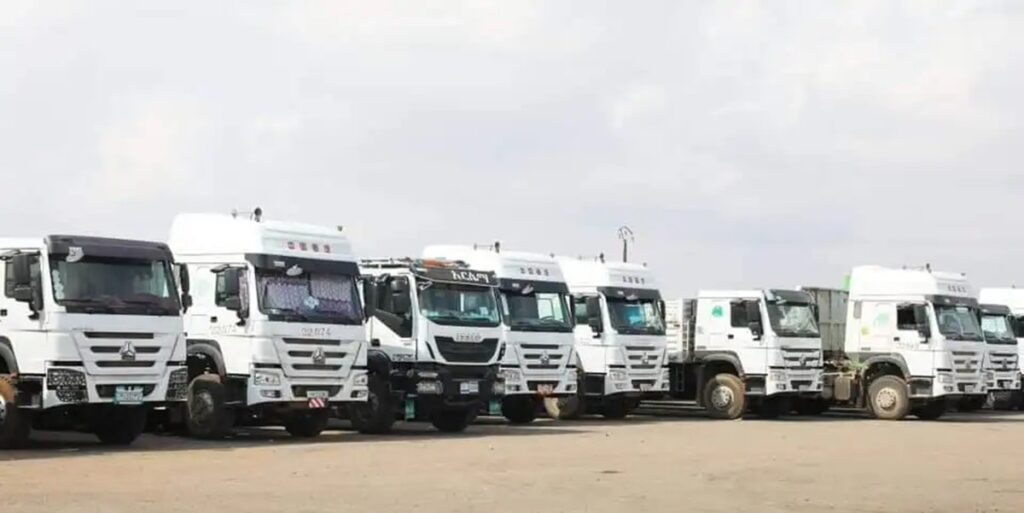Tragic Deaths of Ethiopian Truck Drivers in Djibouti
Addis Abeba – In recent weeks, at least three Ethiopian truck drivers and one mechanic have lost their lives due to the extreme heat in Djibouti, with two additional drivers requiring hospitalization.
Financial Pressures Leading to Unsafe Working Conditions
In an interview with Addis Standard, Solomon Zewdu, the General Manager of the Ethiopian Heavy Truck Drivers Association, stated that vehicle owners are sending drivers to Djibouti without cargo to avoid idle vehicle costs in Ethiopia. This practice forces drivers to wait without work while enduring dangerous temperature conditions.
Driver Experiences and Health Risks
Truck driver Yosef Getahun shared his perspective, stating that they often wait for over five days before being assigned work, during which they face hazardous health risks due to extreme heat. “The temperature can soar to 50 degrees Celsius,” he noted, revealing that two drivers recently died from heat-related issues, with one found dead in his sleep.
High Temperatures in Djibouti
Yosef pointed out that the harshest heat occurs in Djibouti City and the Degab Sheraton area, directly contributing to the tragic fatalities as drivers wait for their turn to load cargo.
Financial Burdens on Drivers
Solomon elaborated on the additional challenges faced by drivers stranded in Djibouti, citing financial burdens such as high parking fees and tolls. He noted that while drivers are left to cover these costs, vehicle owners do not bear these expenses once the trucks reach Djibouti.
Impact on the Ethiopian Economy
Solomon argues that the practice of sending drivers to Djibouti adversely affects the Ethiopian economy. He pointed out that drivers incur daily expenses exceeding 2,000 birr, which can add up to over 20,000 birr during a ten-day wait. This expense benefits Djibouti while severely harming Ethiopia’s economic situation.
Call to Action for Vehicle Owners
In light of these issues, Solomon urged vehicle owners to reconsider their practices and avoid sending drivers prematurely to Djibouti. He emphasized that the current system leads to unnecessary economic and human losses.


